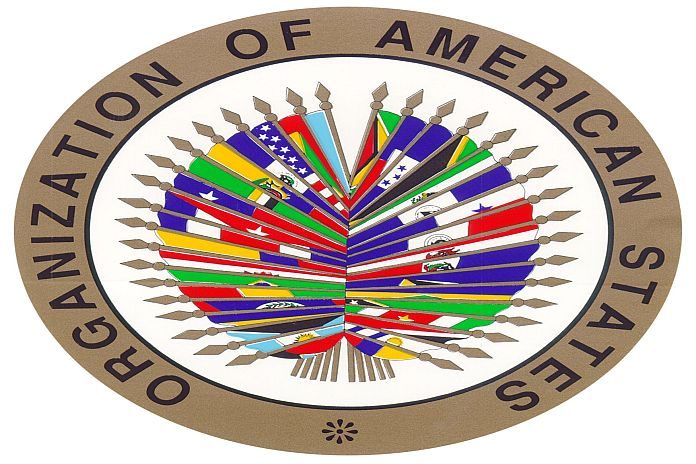WASHINGTON, USA – The Organization of American States (OAS) launched the “Practical Guide to Inclusive Rights-Focused Responses to COVID-19 in the Americas.” The guide seeks to support OAS member states in responding to the pandemic, offering them a series of tools to consider responses that take into account the particular circumstances of groups in a situation of vulnerability.
The guide is available here in Spanish. The OAS will publish the English version soon.
“This pandemic affects all of us, directly or indirectly,” said the secretary general of the OAS, Luis Almagro. “However, for people in situations of vulnerability, the reach of the impact is much deeper and could, very probably, increase the gaps in their access to their basic economic, social and cultural rights. We know that our political systems are going to suffer, that our social fabrics are going to suffer, but we cannot emerge from this situation either less democratic nor with fewer rights. Let us use this challenging moment to reinforce the values that we believe are indispensable for life and human development, and ensure that the people most excluded in our societies are neither left out nor left behind, not for a minute more.”
The secretary-general warned that the capacity to survive the pandemic “is much less likely” for people in situations of poverty and extreme poverty, as well as for groups historically discriminated against, such as women, indigenous peoples, afro-descendants, older persons, people with disabilities, migrants or refugees, lesbians, gay, bisexual, trans or intersex (LGBTI), children, adolescents, and people behind bars.
The guide points out that, under emergency situations such as the pandemic, and in a regional context marked by inequality and social exclusion, the vulnerability of these groups worsens. That is why the OAS, through this guide, points out that the member states must place emphasis on guaranteeing the right to health of these groups, using objective and reasonable criteria of distinction, based on the equalization of opportunities to bridge the inequality gap and avoid arbitrary differences in treatment.
“It is clear that the threat and uncertainty generated by the current global pandemic situation cannot be addressed by any country individually,” said the director of the department of social inclusion of the OAS Secretariat for Access to Rights and Equity, Betilde. Muñoz-Pogossian. “If this unprecedented emergency is teaching us anything, it is that the health of the region and the world depend on the quality of access to health care of each person. The emergency caused by COVID-19 also appeals to the sense of solidarity and cooperation that has characterized the region.”





